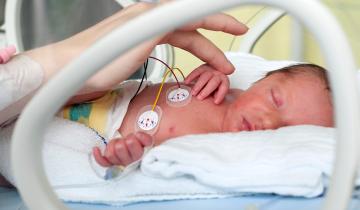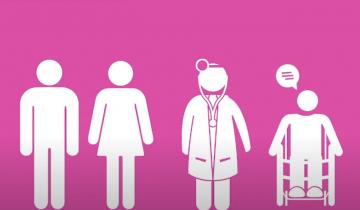This study tested the safety and effectiveness of a neuroscience-based, multi-component intervention designed to improve motor skills and sensory processing of the more-affected arm and hand in infants with CP where one side is more impacted than the other (asymmetric CP).
Bimanual therapy, also referred to as intensive bimanual training, engages patients in active play or practice to improve the use and coordination of both hands. Bimanual therapy is different from similar unimanual therapies, like constraint-induced movement therapy (CIMT), because it promotes simultaneous use of both hands.
As we all know, becoming a teenager means significant upheaval, not only physically, but in terms of friendships, in terms of learning, and life outlook. This is also true for adolescents with cerebral palsy and other developmental disabilities. We know that whilst we may of spent a lot of time focusing on their physical abilities and other difficulties it is not the only part of their life.
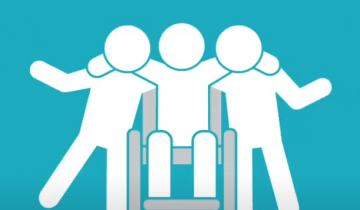
Around the age of six all children are going off to school. Children move from explorative play, which is fairly informal to a much more formal day. That can be a lengthy day and it's quite structured. There are a lot of challenges faced by children with cerebral palsy throughout the school year.
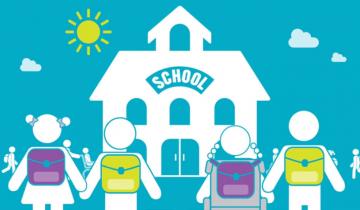
Neuroplasticity is the ability that the brain has to form new connections between different cells or between different areas of the brain.
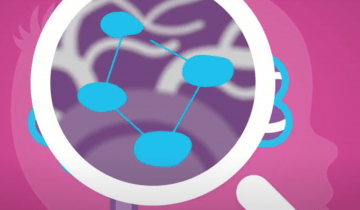
We all have different towns and we all have different things that we do in the course of the day. It may be that the student is a great artist or a great writer. When it comes to assistive technology we have to think about what is going to give that student the ability to do what they love without having to see roadblocks and go, "I can't do that”. There are so many tools out there, whether it's a communication app, a video app, a math tool. With assistive technology you are not making the student into what you want them to be.
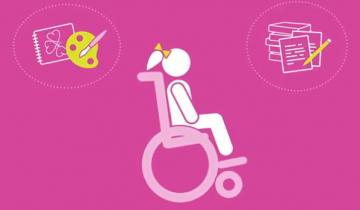
When it comes to preparing your child for Botulinum Toxin injections, the first most important thing to remember is to know your child.
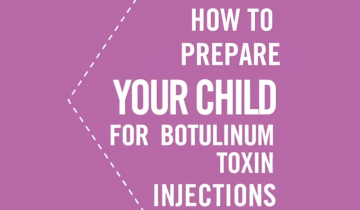
As a parent, when it comes to different types of interventions for infants with cerebral palsy, how do you know what you have, what you don't, and what you could get?
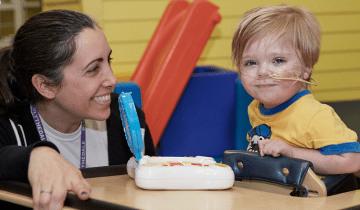
Exploration for an infant means discovering anything about that environment. If that infant needs an opportunity to be brought to them, that's okay. Let an infant explore through their senses, whether it's touch, or smell, or taste, or sight, or hearing.
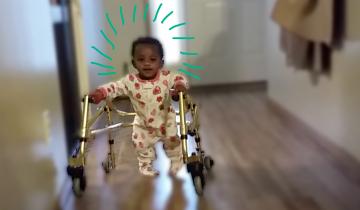
When treating a child with CP, part of a pediatrician’s job is assessing and treating children with abnormal tone difficulties, as well as other muscular-skeletal problems. From around the age of two years, kids start to develop difficulties with muscle tone that can have an impact on their hip development.
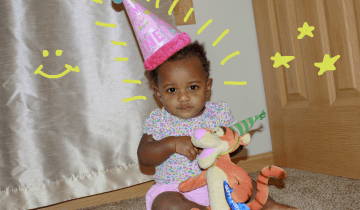
My name is Nathalie Maitre, I work at Nationwide Children's Hospital. I'm a physician and a researcher
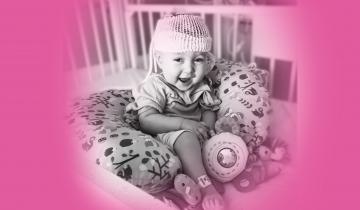
Diagnosing cerebral palsy (CP) at an early age is important for the long-term outcome of children and their families.
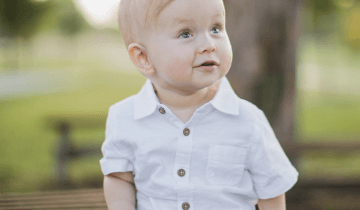
Early diagnosis of cerebral palsy (CP) is critical in obtaining evidence-based interventions when plasticity is greatest.
As a physician and researcher, I skeptically looked forward to learning more about mindfulness practice, because there is evidence it helps with stress management, self-regulation, focus, productivity and happiness. As a mom, I felt that weird mix of guilt that I was going to focus on “not-my-children” for a whole day, excited anticipation and anxiety that maybe I would be a complete failure at this. It turns out all the mental baggage I took into the workshop was the exact opposite of what mindfulness tries to achieve. The daily practice has since changed my life.
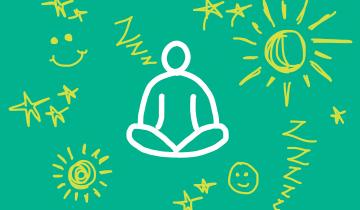
"If you don’t know the solution to the problem now, you will find it"
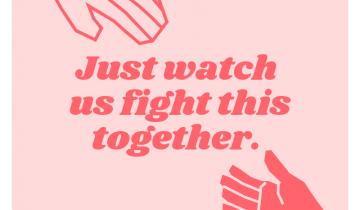
PTSD can be common in parents after a child with Cerebral Palsy has left the NICU. One of the hardest days of my life as a NICU parent was not what I would have expected it to be. It was the day I went home without my baby, after spending every waking moment since my emergency C-section by his incubator. I never knew I had a dream about what it would be like to have a baby until that dream was taken away.
